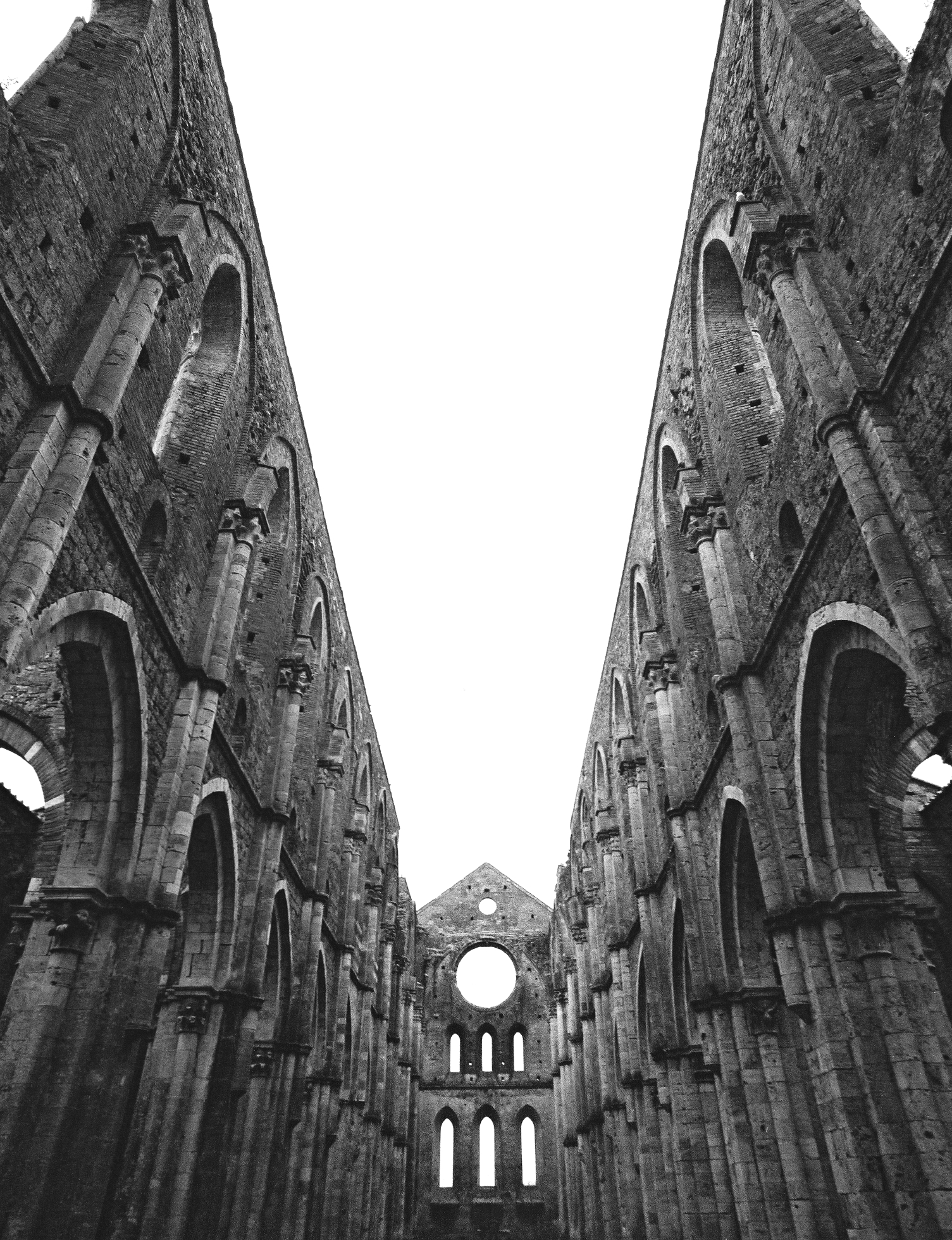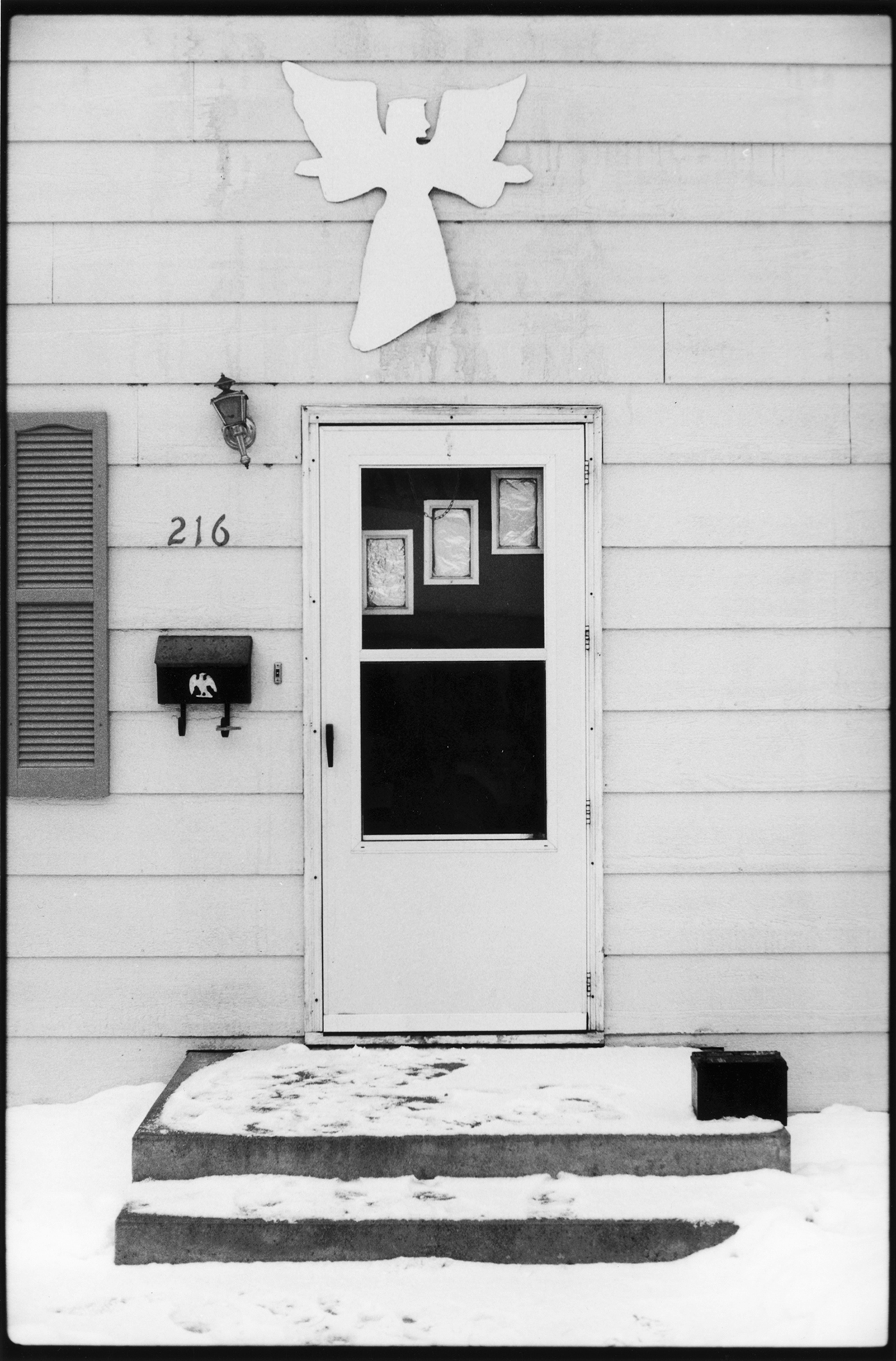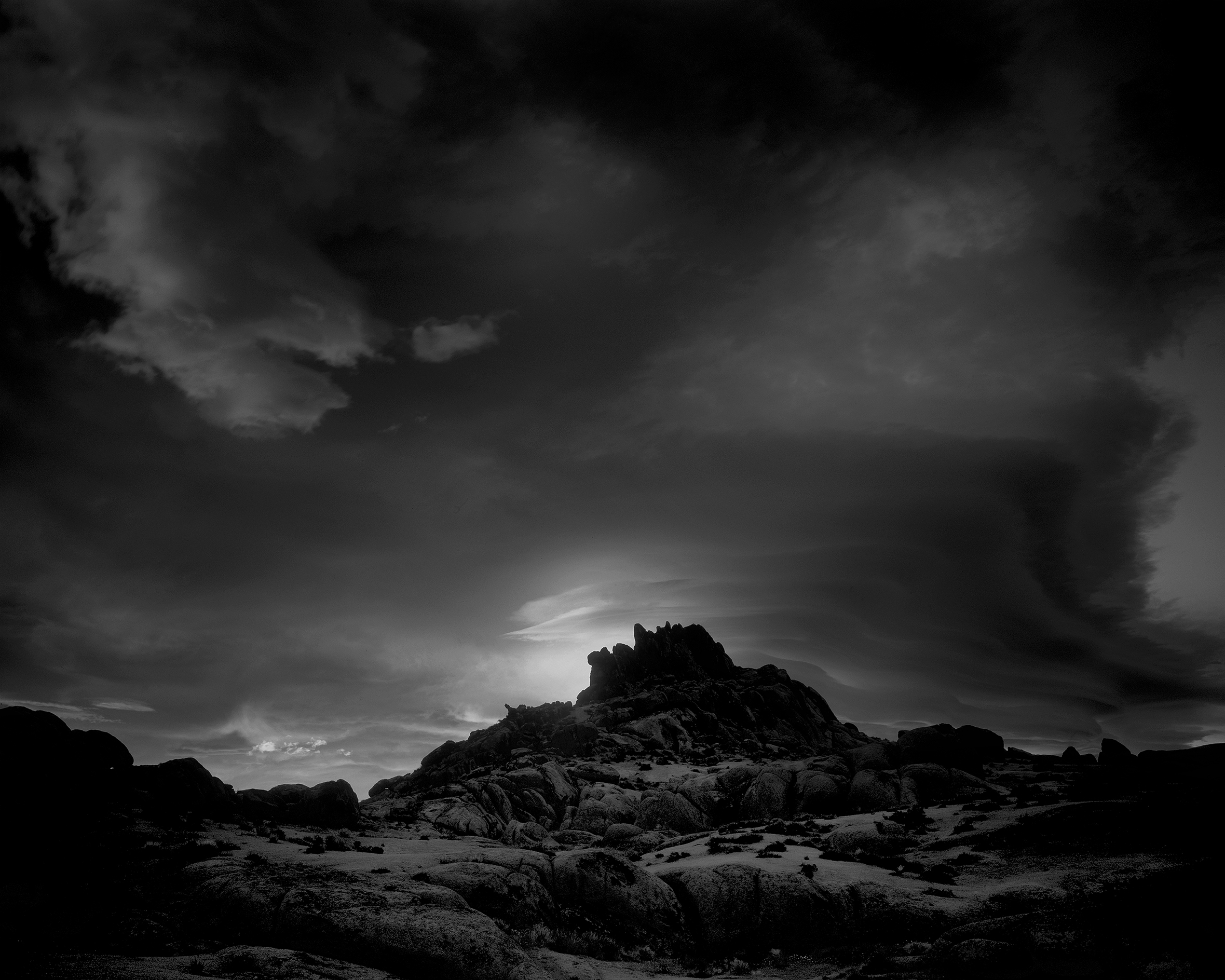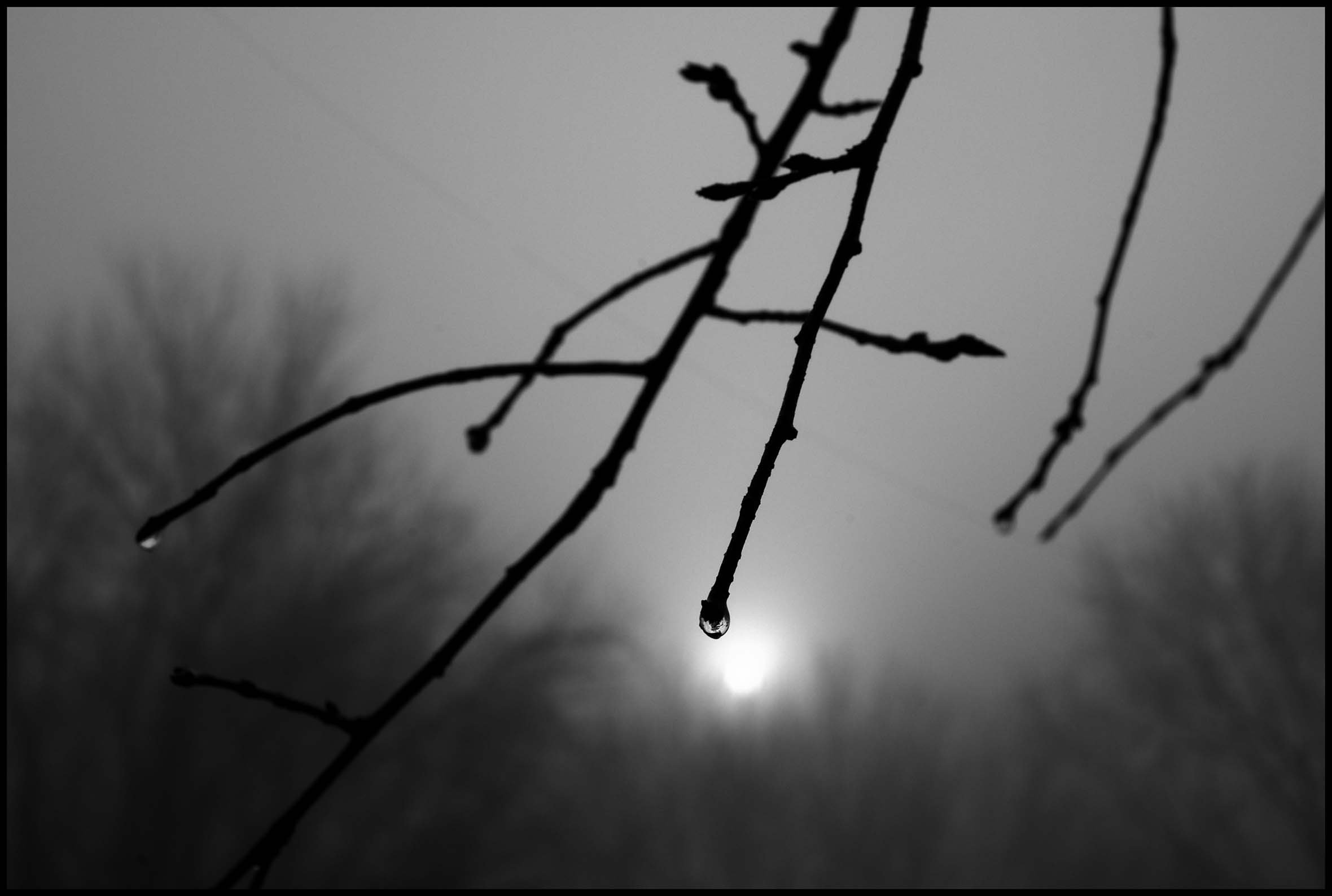Browse Topics
Buddhism
excerpted from
Creating An Enlightened Society
The premise of Shambhala vision is that, in order to establish an enlightened society for others, we need to discover what inherently we have to offer the world.
November 2012I Just Died
It’s summer, and I’m hearing my landlady’s pets more than I’d like to. She lives upstairs and told me when I moved in that her animals were quiet. Clearly I was a fool to believe her.
January 2012Beyond Belief
Jacob Needleman On God Without Religion
But if you really give your full attention to nature, it does speak to you. If you’ve ever been out in the woods and suddenly experienced a shock of grief or awe or a sense of belonging to something greater, that’s because nature has spoken to you. That’s why there’s a timeless, universal tradition of experiencing God in nature. It’s one way of recognizing that we’re part of something greater than ourselves.
December 2011First Empty Your Cup
Nikkō has many temples and pagodas, but the architecture didn’t move me. It was the forest; it was the quiet. It was obvious why this had been a sacred Buddhist site for more than a millennium. You could feel it. There was an interiority to the forest, a layering of quiet. The temples; the forest; you. And the snow, yet another layer, placing a hush on everything, taking you one step farther inside. I shivered. I lingered there by a shogun-era drum tower, its flared roof dusted in snow, a stand of cedars rising above it.
December 2011excerpted from
Siddhartha
He ceased to see his friend Siddhartha’s face. In its stead he saw other faces, many, a long series, a flowing river of faces, hundreds, thousands, which all came and went, and yet all seemed to be there at once, which all constantly changed and became new ones, and yet were all Siddhartha.
December 2011A Zen Zealot Comes Home
A Zen Buddhist monk in my tradition gets exactly one week off a year. This time is specifically designated for a “family visit.” I always take my week at Thanksgiving, and every year I prove right that old Zen adage: Think you’re getting closer to enlightenment? Try spending a week with your parents.
September 2011What Did You Dream Last Night?
Marc Ian Barasch On What The Psyche Is Trying To Tell Us
Dreams tell us how we really feel about something. Let’s say we are in a job that we hate: our dreams may tell us that we are dying in that situation. Dreams use a lot of hyperbole. As I said, they are like ancient Greek plays: the characters wear big costumes to make sure we see them. But if we are willing to find the truth in those exaggerations, our lives open up. We become more authentic and less the product of social constructs.
August 2011My Anti-Zen Zen
What’s befuddling is that I can’t figure out whether our days are passing at warp speed or at a geologic pace. If I could gain some distance on them, they would probably resemble a large Western river in runoff: so brimming at the banks that the casual observer might think the water is moving leisurely over stones, but soon a cottonwood trunk or fence post comes hurtling past, and the current’s true velocity becomes evident.
August 2011My Mother’s Burning Body
“The thing I remember most about watching my mother’s body burn,” my mother tells me in English, a language that has never quite served her, “is when I can smell her skin and hair as they are catching fire and crackling in the flame.”
June 2011excerpted from
In My Own Way
We begin from nothing and end in nothing. You can say that again. Think it over and over, trying to conceive the fact of coming to never having existed.
June 2011






